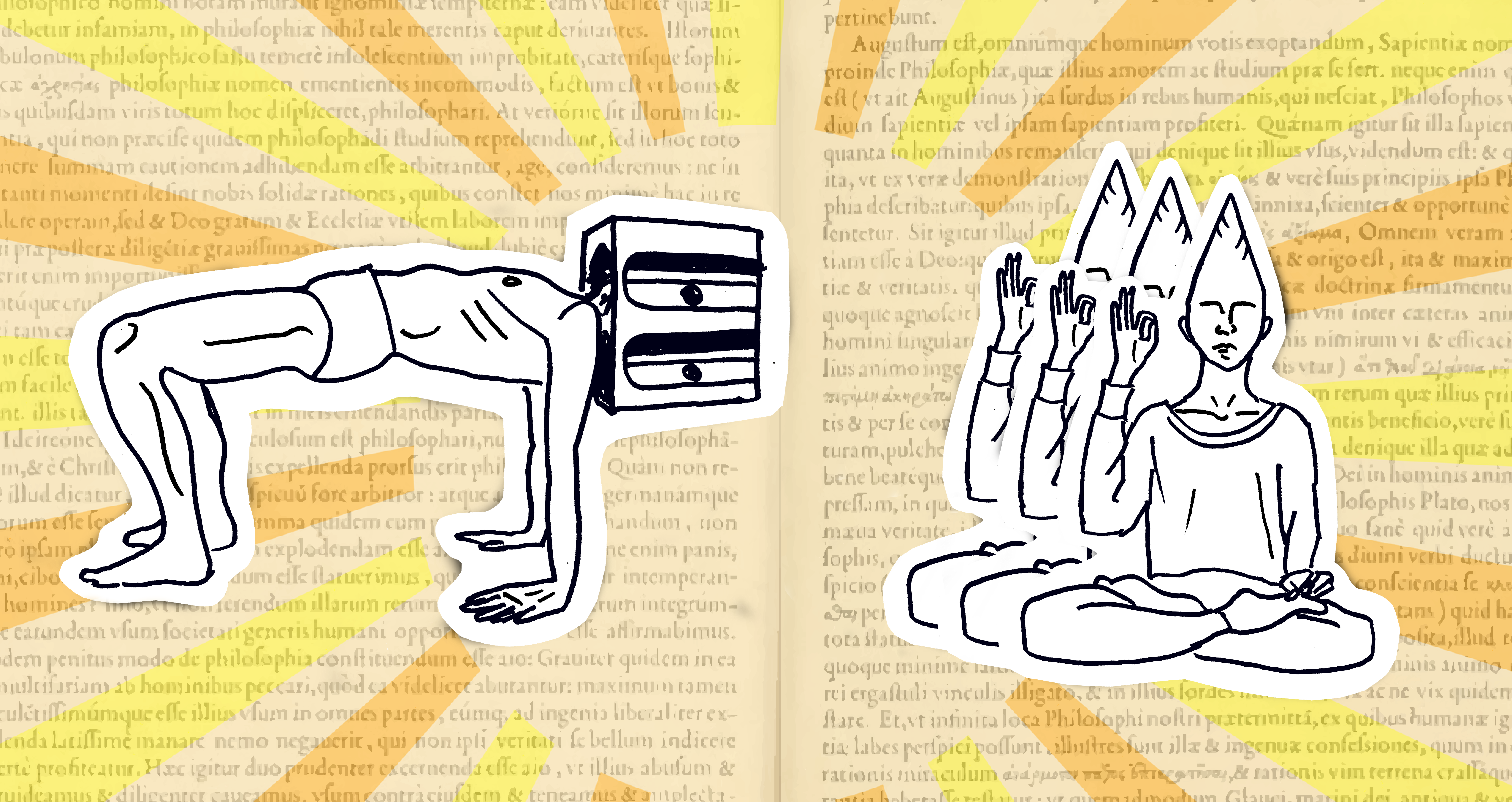“Mind Sharpener” – a series of lively, thought-provoking talks and debates rooted in academic research but of general interest and open to everyone. Topics range from political theory to poetry, from violence in discourse to the origins of language. The idea is to bring the fruits of research to a wide and diversified audience, and let the audience become an active participant by raising questions, proposing solutions, engaging in the tasks and activities provided by the speaker.
Everything will take place in an informal and cosy atmosphere, enjoying a cup of tea or a glass of wine. All the discussions will be held in English.
“For thousands of years people had to live their lives even when there were no antidepressant drugs, psychotherapy or cat memes to cheer them up. How did they survive? Well, relying on ancient philosophical systems, of course. Nowadays dazzled by recent sensational achievements in pharmacology, technology and neuroscience we forget that some simple practices worked and helped people for very long time and could still work today. The aim of this lecture is to explain why some very old ideas (like meditation, chakras, vital energy etc.) make sense and how some of them even have scientific background.”
Martynas Jočys is a blogger writing about positive philosophy on his website valtininkas.lt and also an author of a book “How to defend your dream”. He holds master’s degree in Economics at Vilnius University and he is interested in ancient philosophy and body-mind practices. Finding links between ancient ideas and modern discoveries in neuroscience and psychology is what he finds exciting.
All the events will be shown live on our Facebook page.
Free entrance. Donations welcome.
Do you want to propose a talk and/or share your research with us? Write to davide.castiglione@gmail.com with your proposed topic.
This talk is part of “Young Ideas” project – a series of cultural and artistic events focused on development of contemporary and innovative ideas, as well as supporting young, up and coming artists, musicians and makers. The project is partially funded by Vilnius City Council.




